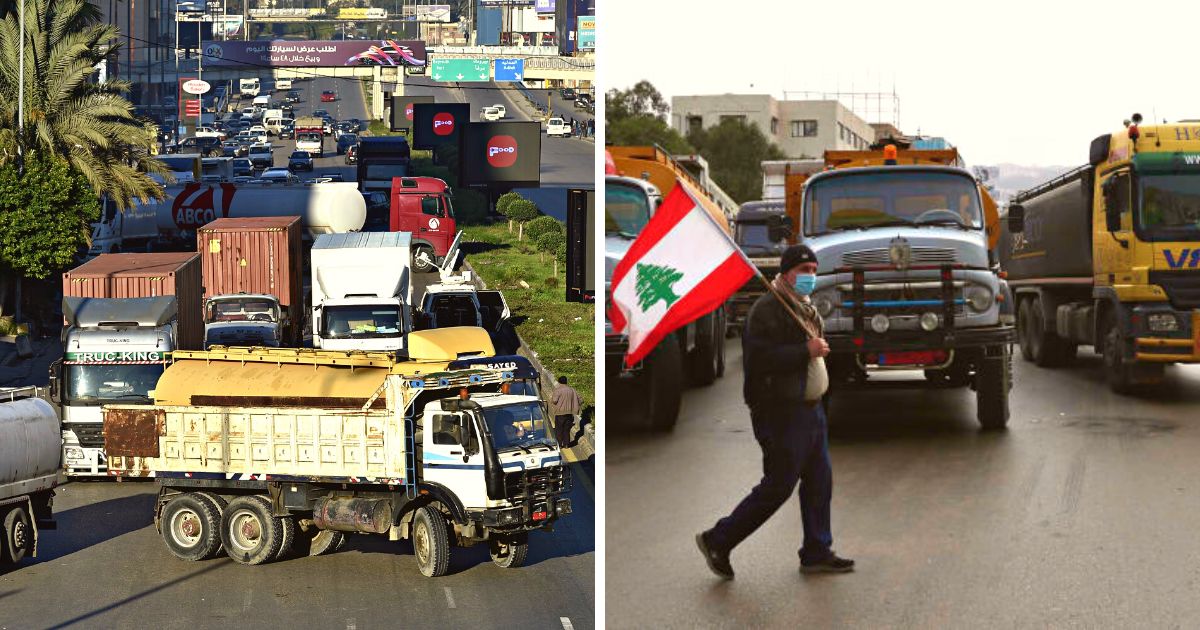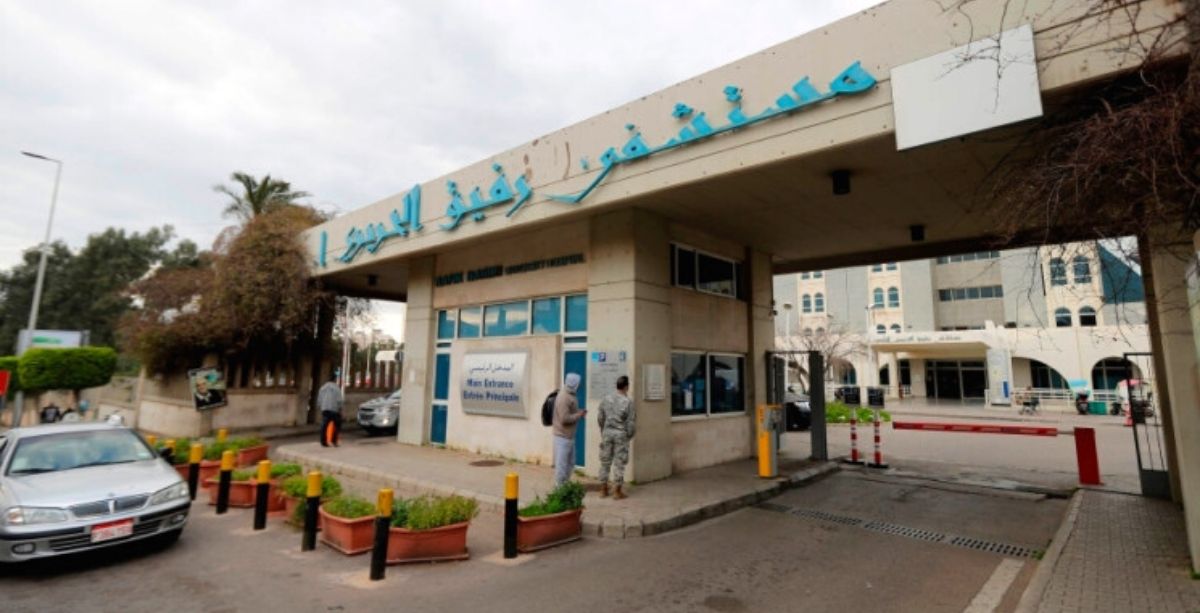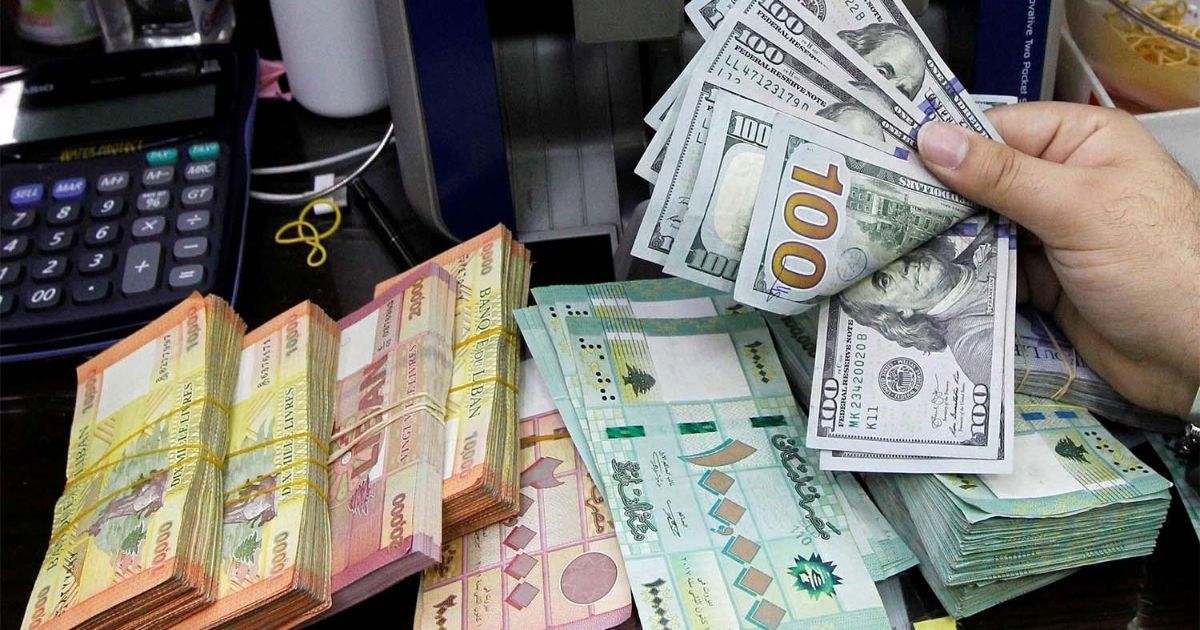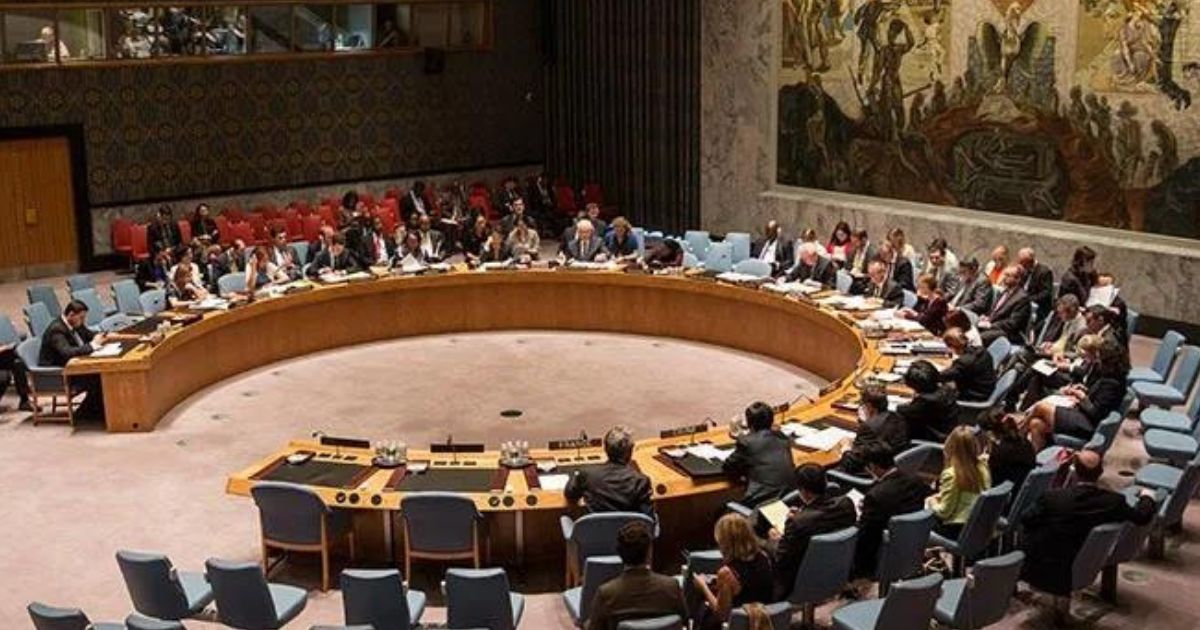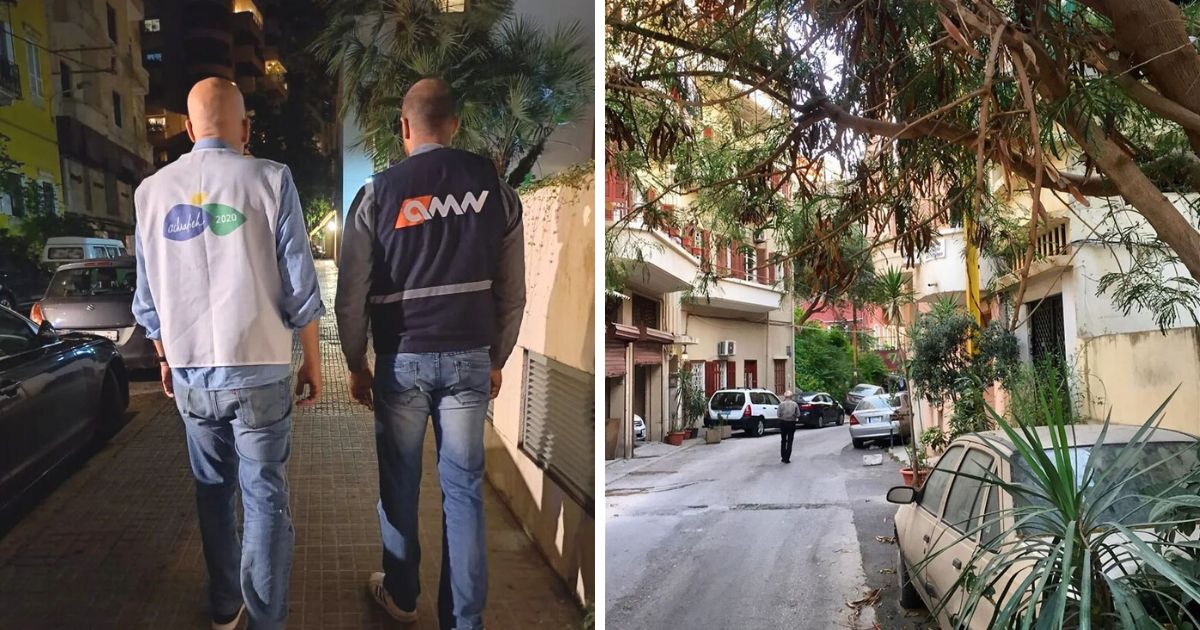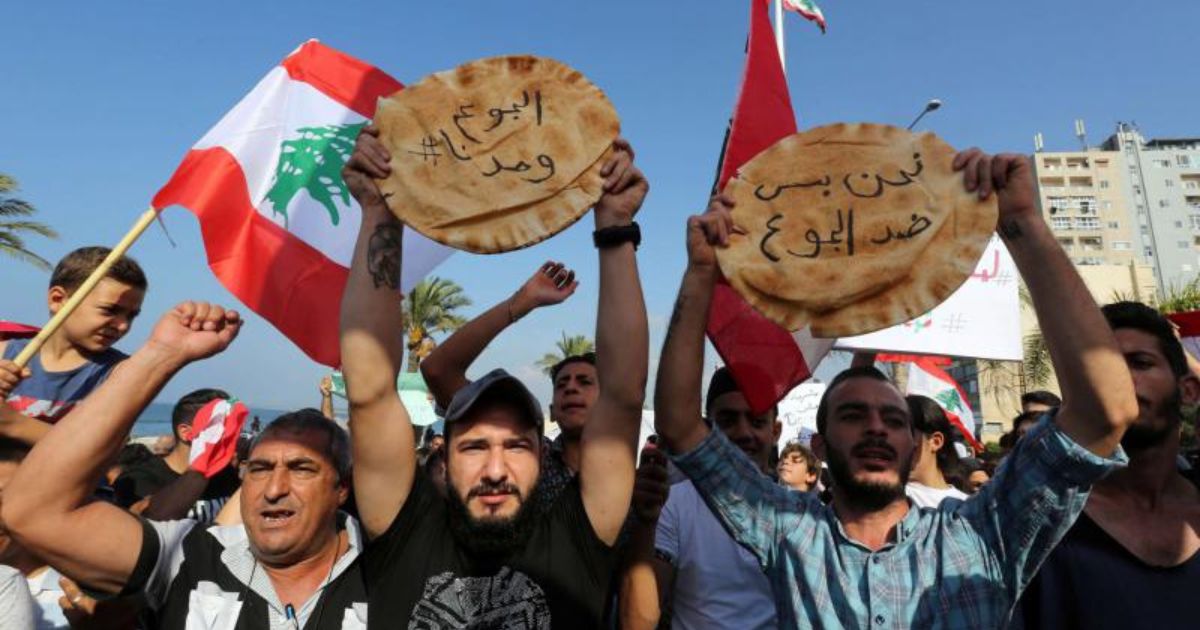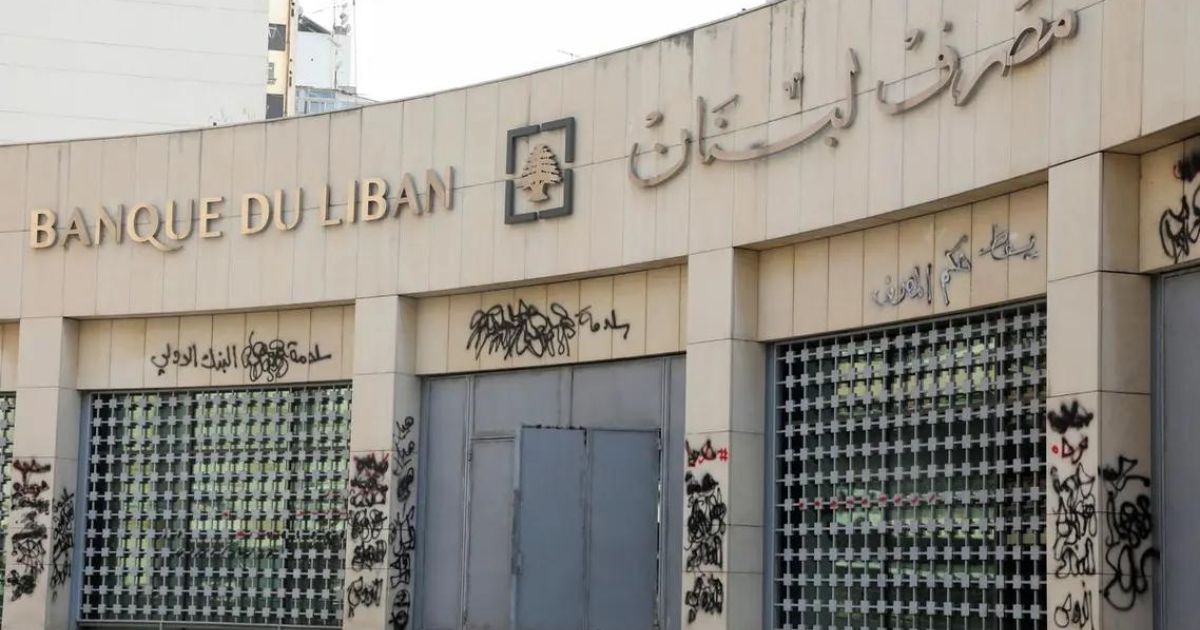Considering that a significant number of Italian journalists have been eagerly following Lebanon’s news, the National News Agency sought the opinions and perspective of two prominent Italian journalists about the country’s current situation.
According to Alberto Stapelli, the chief reporter in Beirut of the Italian newspaper “La Repubblica,” and former International Relations Department Director at Espresso Magazine, Jani Pirelli, Italy has experienced similar economic and financial conditions to those Lebanon is facing today.
The journalists told the NNA that the crisis that their country experienced prompted its main political parties to set the priority on saving the country and pave the way for specialized governments.
Pirelli mentioned the government of Mario Monti (who was nicknamed Super Mario) “that was formed on October 11, 2011, and resigned after a year, following radical reforms that contributed to overcoming the economic stagnation and advancing growth by making painful decisions.”
He added that what Monti, a high-profile economist, did through his government formation was to reassure the markets that Italy will make sacrifices to get out of its crisis.
He eventually decided not to appoint any of the ministers of the cabinet that preceded his. This helped Italy regain the trust of global financial markets on its ground.
Monti succeeded, within a year, to reduce the public debt of about €1.9 trillion to 10 percent, Alberto Stapelli told the NNA.
“But the most important thing he did was to revitalize the economy, following an austerity policy with the support of the main parties,” he added.
Monti’s qualification was the reason most parties chose him to head a government of specialists in Italy that was facing a major financial crisis and was subject to supervision by the International Monetary Fund, in addition to the EU and the European Central Bank, Stapelli explained.
Currently serving as president of Bocconi University in Milan, Monti is also the European chairman of the Trilateral Commission and honorary president of the European think-tank Bruegel, in addition to various successful roles he held.
For 10 years, Monti was a member of the European Commission in charge of the Internal Market, Financial Services, and Tax policy, and then of Competition. He introduced radical modernization reforms of EU antitrust and merger control.
In 2012, Forbes ranked him 29th among the world most powerful people.
With that said, the two Italian journalists agree that, in order for Lebanon to escape its ongoing crisis, it will have to resort to the Italian recipe: To form a non-partisan government of specialists.
However, Stapelli finally noted: “I don’t know if the political class in Lebanon would allow a figure like Monti to lead a government of specialists, and I don’t know if Lebanon currently has experts like him.”
Contrary to this informed suggestion, Lebanon’s ruling class is back at throwing old names into the mix of the new government, the formation of which is being stalled by the classic disagreements among the same political parties that are wasting precious time that must be spent saving Lebanon, instead of plunging it deeper into turmoil.




